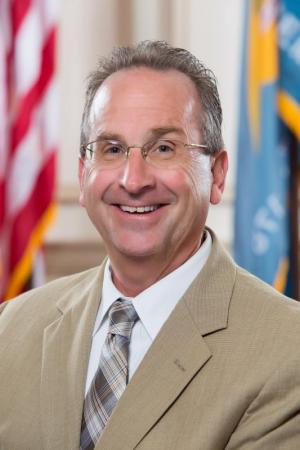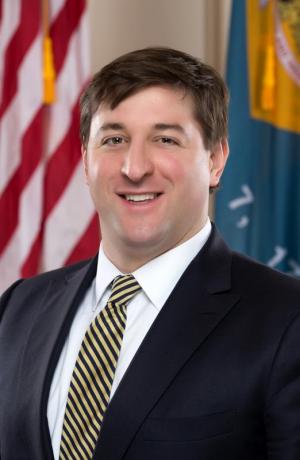Poisoned wells. Water boil advisories. Beach closures. Tap water that tastes or smells "off." Health agencies distributing bottled water.
There's a common thread running through headlines across the state: clean water - something that we once took for granted - is endangered in Delaware.
Every family in Delaware knows that they should be able to drink local tap water, eat local fish and swim in local ponds without concern for their health. But in too many cases, they can't.
Mountaire and Blades are only the most recent examples. Generations of pollution have rendered almost 90 percent of Delaware's waterways too impaired for their intended use.
And the problem isn't just industrial pollution: it's nutrient runoff degrading the Inland Bays, killing fish, and creating toxic algae blooms; it's bacteria closing the beach after a rainstorm; it's chronic flooding in our neighborhoods; it's crumbling, Nixon-era water infrastructure risking contaminated drinking water.
There's no avoiding the fact that our quality of life, our health, and our economy rely on clean water, but we've chronically underfunded water investments: Currently, we fall short by $100 million each year. That threatens industries that support 70,000 jobs and more than $6 billion in economic activity. Tourism alone saves $1,400 from the average Delawarean's tax bill.
As parents and legislators, we want to deal with these problems now, before our kids have to. That's why we're sponsoring House Bill 270, bipartisan legislation that would invest comprehensively in clean water for Delaware.
We've talked about this issue with people from all communities and ideologies. Overwhelmingly, people say that they want cleaner water, even if it means paying a little more to get it.
But some have also asked, "Why should I have to foot the bill? What about Mountaire?"
Frankly, those comments are fair: industries that endanger people's health have to be held accountable. If you poisoned your neighbor's well, you wouldn't go home with a slap on the wrist. Why should companies that poison entire communities' water supplies?
Although the spotlight has been on Mountaire in recent weeks, Sussex Countians know that they are just the latest character in a familiar story of polluters who never atone because our laws go unenforced or under-enforced. State agencies have to be tougher when it comes to protecting our water.
But we can't just blame big companies like Mountaire. The ugly truth is that we all got here together. Little things - like fertilizing our lawns, delaying maintenance on our septic tanks, and moving into communities that replace forests with paved surfaces - add up. Development has only made them worse. Altogether, they represent a huge part of Delaware's water problem.
Science tells us that the solution needs to be comprehensive, and common sense tells us it needs to be proportional and fair. With that in mind, we worked to ensure that funding for HB 270 is modest, meaningful, and well-managed.
Under our plan, many low-income and working Delawareans - about one in seven eligible taxpayers, and half of all Delawareans - would pay nothing at all.
Everyone else would pay a small per-taxpayer fee that amounts to roughly the price of a cup of coffee each month. That's it. Ironically, many people pay more for bottled water each month.
All of those funds would be lockboxed and leveraged so that they could only be used on important and long-neglected priorities like clean water, water infrastructure, and chronic flooding in our neighborhoods. Many communities and locations in Kent and Sussex counties are at or near the top of the list of projects waiting for funding.
But time is of the essence. If we don't take action now, the problem will only get worse, and the solution will only get more expensive. One way or another, we will have to pay for the water problems that plague Delaware.
The question is whether we pay a little bit today, or ask our kids, our health, and our economy to pay a lot tomorrow.
To us, the smart answer is clear. If you believe that tap water should stay drinkable, that local fish should be edible, that water should be swimmable, and that washed-out roads should be drivable, call your legislators and tell them to support HB 270.
House Republican Receptionist: 302-744-4171
House Democratic Receptionist: 302-744-4351
Senate Republican Receptionist: 302-744-4048
Senate Democratic Receptionist: 302-744-4286.
Sen. Bryan Townsend, D-Newark, and Rep. Mike Mulrooney, D-New Castle, co-chaired the Clean Water and Flood Abatement Task Force.






















































